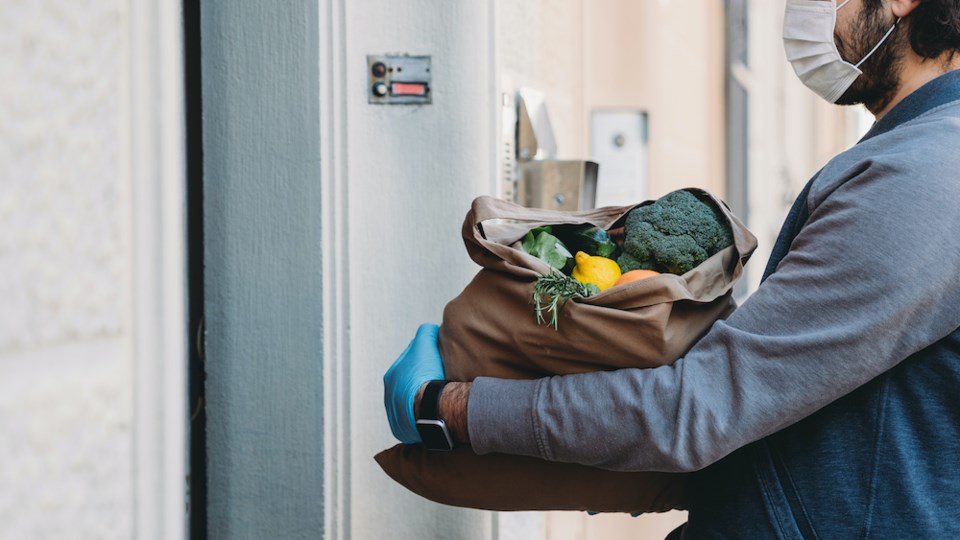If you are angry because your food delivery didn’t arrive, don’t call 911.
Yes, people actually did that in 2020, according to E-Comm’s top-10 list of calls that don’t belong on 911.
E-Comm handles 99% of B.C.’s 911 call volume at its two emergency communications centres. The service is reminding people that every time someone calls 911 with a non-urgent concern, they divert resources away from more serious incidents.
E-Comm call taker Megan McMath answered the number-one call on this year’s list. She says general complaints on the emergency line that aren’t police, fire or ambulance matters, divert critical resources from people in real emergencies.
“Calling 9-1-1 to ask a question or report a consumer complaint may seem harmless enough,” said McMath, in a news release. “But what people may not realize is that we need to treat every call as an emergency, until we can determine otherwise. That means that every moment we spend responding to general questions, concerns or complaints takes away from our priority – helping people who need help right away.”
Here is E-Comm’s list of top 10 reasons not to call 911 in 2020:
- Complaining that their food delivery driver did not deliver their meal.
- Enquiring if there is a full lockdown for COVID-19.
- Wondering if having a trampoline is illegal during COVID-19.
- Asking for assistance to apply for CERB.
- Complaining that the mattress they had purchased second hand was more soiled than advertised.
- Reporting that their bank card was stuck in the ATM.
- Reporting their neighbour for smoking in a non-smoking building.
- Enquiring about how to enter a career in law enforcement.
- Confirming the time.
- Asking for help because they were locked out of their car.
“We understand that people are frustrated and worried about COVID-19-related issues, but general questions and complaints about the pandemic don’t belong on 9-1-1,” said Kaila Butler, E-Comm senior communications specialist. “Our goal each year with this list of nuisance calls is to drive home the message that we need the public’s help to keep 9-1-1 lines free for people experiencing real emergencies who need immediate assistance from police, fire or ambulance agencies.”



